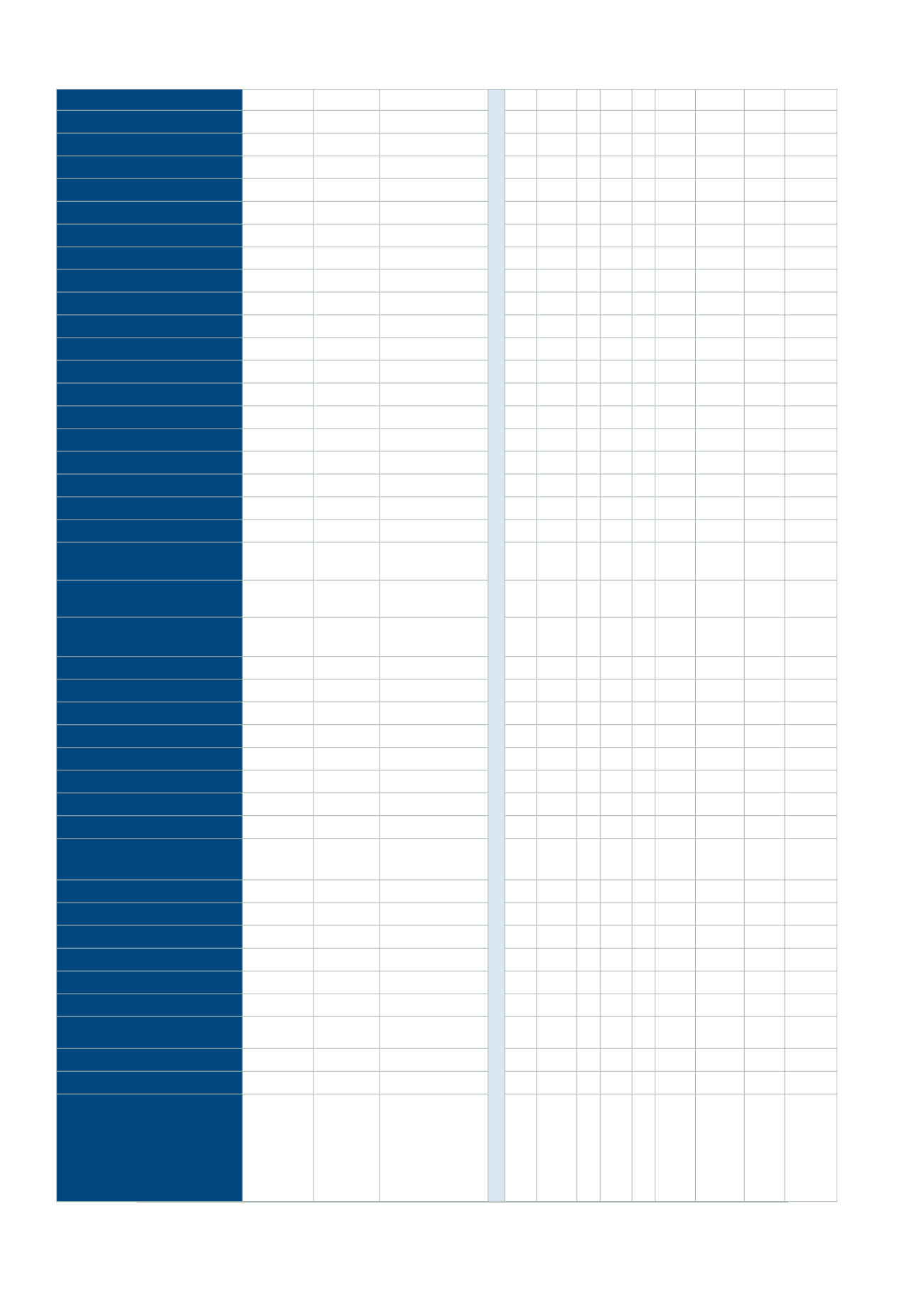

ENHANCING JUDICIARY`S ABILITY TO CURB CORRUPTION - A PRACTICAL GUIDE
41
Universal
Declaration of Human Rights
UNCAC
UNCAC - Technical guide
Bangalore principle for judicial conduct
33
Basic Principles on the Independence of the Judiciary
34
Procedures for Basic Principles
35
Strengthening Judicial Integrity against Corruption
36
Guidelines on the role of prosecutors
37
UN Convention Against Transnational
Organized Crime
GRECO Evaluation
International
Covenant on Civil
and Political
Rights
Montreal
Declaration
38
Ibero-American Summit
39
American Declaration of the Rights
and Duties of Man
Mt. Scopus Standards
40
IBA Minimum Standards
41
Beijing Statement
42
European Charter
43
Recommendation No. R (94) 12
44
CM(2010)147
45
Opinion no. 3 of CCJE
46
Opinion no. 1 (2000) of CCJE
47
Limassol
Conclusions (CMJA)
48
Council
Framework Decision
2001/220/JHA
49
New Delhi
Standards
50
Siracusa Principles
51
The Cairo Declaration
52
Commonwealth principles on the three branches of
Government
African charter on human and
peoples’
Rights
Plan of action for Africa on
53
African union convention on preventing and combating
corruption
Combating corruption in Judicial
Systems
Asian Human Rights Charter
EC Green Paper
54
The Universal
Charter of the judge
Beirut Declaration
European Convention of Human Rights
ECHR -Civil Limb
55
ECHR – Criminal Limb
56
GCR 2007
57
Advocacy Toolkit
58
F4. The public shall be
constantly informed in an
impartial manner about the
cases that are pending and
their solutions, especially the
public interest ones […] without
prejudice to the presumption of
innocence
R1: Part 1:
5.12; R4:
1.2
A. 12
(xiii) A. 4
P.3,
2.2
Pg.
36-37
F5. Information about public
hearings and decisions shall be
made available through an open
web portal, that centralizes data
from all the courts and structures
it on levels of jurisdiction and
geographic areas
pg. 12
R1: Part1:
5.12; R2:
Part2: 2.1;
R4: 1.2
P. 7 ,
2.3.6
A.
40.2
pg.
25
F6. The media should be
allowed to comment on legal
proceedings and report
suspected corruption or bias.
However, the media shall
not misuse the information to
create a false public impression
about the innocence or guilt of
a person, nor shall it attempt
to influence the judges or
prosecutors involved in a case.
II.1.
pg.43
R1: Part1:
1.2; 5.11;
5.12; R1:
Part2:
GPC3 R2:
Part1: 2.1
R4:1.2
6.2 E.33,
E.34
P 2
Regarding judicial process
F7. Parties shall have access
to a public hearing before an
independent and impartial court
A.10
II.4.
pg.12
pg. 3
A.1.1;
1.2.1
.1
P. 3, p. 14
P. 11
, IV
(D)
P. 25
, V
A. 6.1
pg. 20
F8. The parties are entitled
to be present at hearings in
person, and not only through
representatives
A. 6.3
(c)
Pg.
29-30,
44
F9. Civil society and media shall
have access to the hearings
P. 4, p. 26
P. 2 ,
a.5
A.
40.1
F10. Decisions shall be
pronounced in public hearings,
together with their reasons
P. 4, p. 26 P. 7, p. 40
A. 6.1
F11. Parties shall have access
to the court rulings
A.6,
A. 7
A. 4
A.
40.2
F12. Parties shall have access
to an interpreter, if they do not
understand the language the
court uses
A.6,
A. 7
A.
6.3(a)
and
(e)
F13. The defendant, as well
as the civil parties shall have
the right to see the entire file in
order to properly prepare his/
her/ their defense.
A. 4
A.
6.3(b)
F14. The defendant`s rights can
be restricted only for reasons
justified by national security and
protection of witnesses.
A 14
,(f)
F15. The reasons of the
decisions are written in an
accessible language so that
the defendant can understand
them
A 14,
3(b)
P. 3, p. 3
(f), V P. 9, p 63
A. 5.2
















